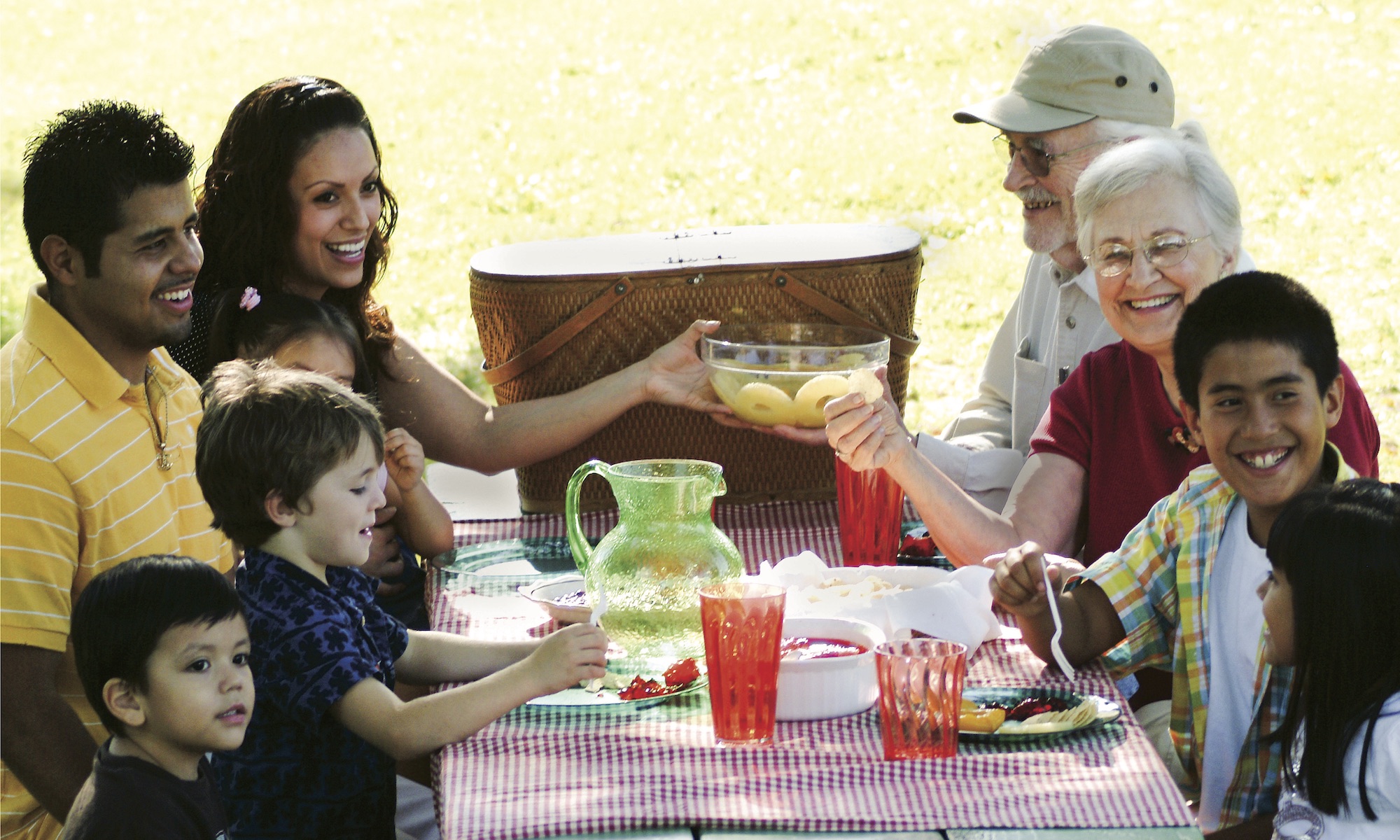We must be actively non-racist.
It is not enough to be concerned. It is not enough to be tolerant. It is not enough to consider yourself not racist.
Again. Again we witness an unarmed Black man shot by police and the effects have rippled through the country.
This past Sunday, when Kenosha, Wisconsin police shot Jacob Blake multiple times in the back and that graphic video showed up in all of our social media accounts, we were reminded that little has changed since our communities rose up in protest following George Floyd’s murder by police in Minneapolis. Still reeling from that grief, we are concerned about the trauma experienced by Jacob Blake’s sons who witnessed the shooting, the trauma felt by the people who caught the incident on camera, and certainly the physical and emotional trauma Jacob Blake has and will continue to experience as he heals. And we are also concerned about continued trauma to our country.
At the beginning of the summer we saw protests across our nation and across our state. Not only in Omaha and Lincoln but also in McCook, South Sioux City, and in Harvard community members came out to say “Black Lives Matter” and to call for meaningful police oversight and investing in community supports.
The solidarity, the increased awareness of inhumane systemic inequities, gave many of us hope. We are not naive to the amount of time and work it takes to achieve racial justice, but we cannot be the country we idealize as the “land of opportunity” when Black people fear for their lives everyday. We cannot consider ourselves Welcoming or inclusive while policies and laws continue to harm our Black and brown neighbors, generation after generation.
Yet, here we are again.
It is not enough to be concerned. It is not enough to be tolerant. It is not enough to consider yourself not racist. We must be actively non-racist. We must not only have the hard conversations, we must denounce racism and we all need to take responsibility for creating systemic change.
Here’s how you can learn more, engage with your co-workers, faith group, friends and neighbors.
-
- Cracking the Codes Let us know if you’d like help facilitating a virtual conversation with this video series. No cost. We are glad to share this interactive resource and facilitate a training that works for your group.
- Race Forward is a convening that takes place every two years and this year is available to a broader audience as it goes virtual. There are varied levels of registration costs.
Additional resources for your own learning and tools for talking with family, friends, and neighbors:
-
- America Needs All of Us (Welcoming America) – a toolkit for messaging about race, bias, and change
- Ten Lessons for Talking About Race, Racism and Racial Justice (Opportunity Agenda)
- Profile of Othering & Belonging Institute Associate Director Denise Herd’s work linking COVID-19, racism, and police violence – analysis to inform statements (UC Berkeley)
- NAACP
- Black Lives Matter
- Responding to Everyday Bigotry – Southern Poverty Law Center
- America Needs All Of Us (a tool kit for talking about race and unconscious bias)
- Black and Pink – Unpacking Solidarity Toolkit
Support, donate, volunteer with local organizations:
-
- NAACP Lincoln Branch, NAACP Omaha Branch
- YWCA Lincoln, YWCA Grand Island or YWCA Adams County
- The Malone Community Center
- Malcolm X Memorial Foundation
- OutNebraska
- Inclusive Communities
- Multicultural Coalition of Grand Island
- One Siouxland
- Culxr House
- Union for Contemporary Arts
- Black and Pink
- Cultural associations across the state
- Join the social justice committee of your faith group.
What is going on in your community? Share your favorite tools and local organizations to combat racism and promote inclusion. We would like to hear from you. You can contact me at cyoakum@neappleseed.org or (402) 438-8853 ext 114.
Christa Yoakum
She/Her/Hers
Senior Welcoming Coordinator
Nebraska Is Home
